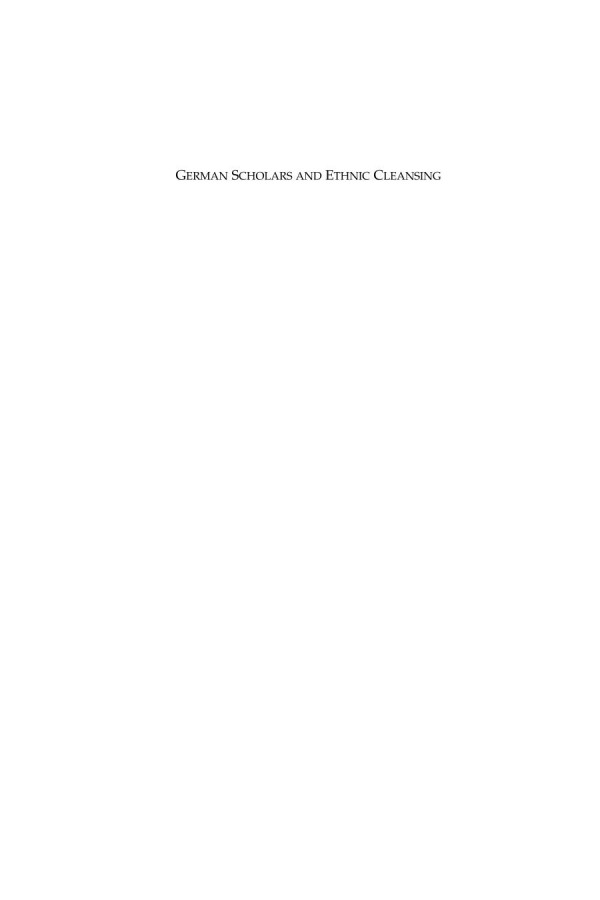

Most ebook files are in PDF format, so you can easily read them using various software such as Foxit Reader or directly on the Google Chrome browser.
Some ebook files are released by publishers in other formats such as .awz, .mobi, .epub, .fb2, etc. You may need to install specific software to read these formats on mobile/PC, such as Calibre.
Please read the tutorial at this link: https://ebookbell.com/faq
We offer FREE conversion to the popular formats you request; however, this may take some time. Therefore, right after payment, please email us, and we will try to provide the service as quickly as possible.
For some exceptional file formats or broken links (if any), please refrain from opening any disputes. Instead, email us first, and we will try to assist within a maximum of 6 hours.
EbookBell Team

4.4
102 reviewsRecently, there has been a major shift in the focus of historical research on World War II towards the study of the involvements of scholars and academic institutions in the crimes of the Third Reich. The roots of this involvement go back to the 1920s. At that time right-wing scholars participated in the movement to revise the Versailles Treaty and to create a new German national identity. The contribution of geopolitics to this development is notorious. But there were also the disciplines of history, geography, ethnography, art history, archeology, sociology, and demography that devised a new nationalist ideology and propaganda. Its scholars established an extensive network of personal and institutional contacts. This volume deals with these scholars and their agendas. They provided the Nazi regime with ideas of territorial expansion, colonial exploitation and racist exclusion culminating in the Holocaust. Apart from developing ideas and concepts, scholars also actively worked in the SS and Wehrmacht when Hitler began to implement its criminal policies in World War II.
This collection of original essays, written by the foremost European scholars in this field, describes key figures and key programs supporting the expansion and exploitation of the Third Reich. In particular, they analyze the historical, geographic, ethnographical and ethno-political ideas behind the ethnic cleansing and looting of cultural treasures.